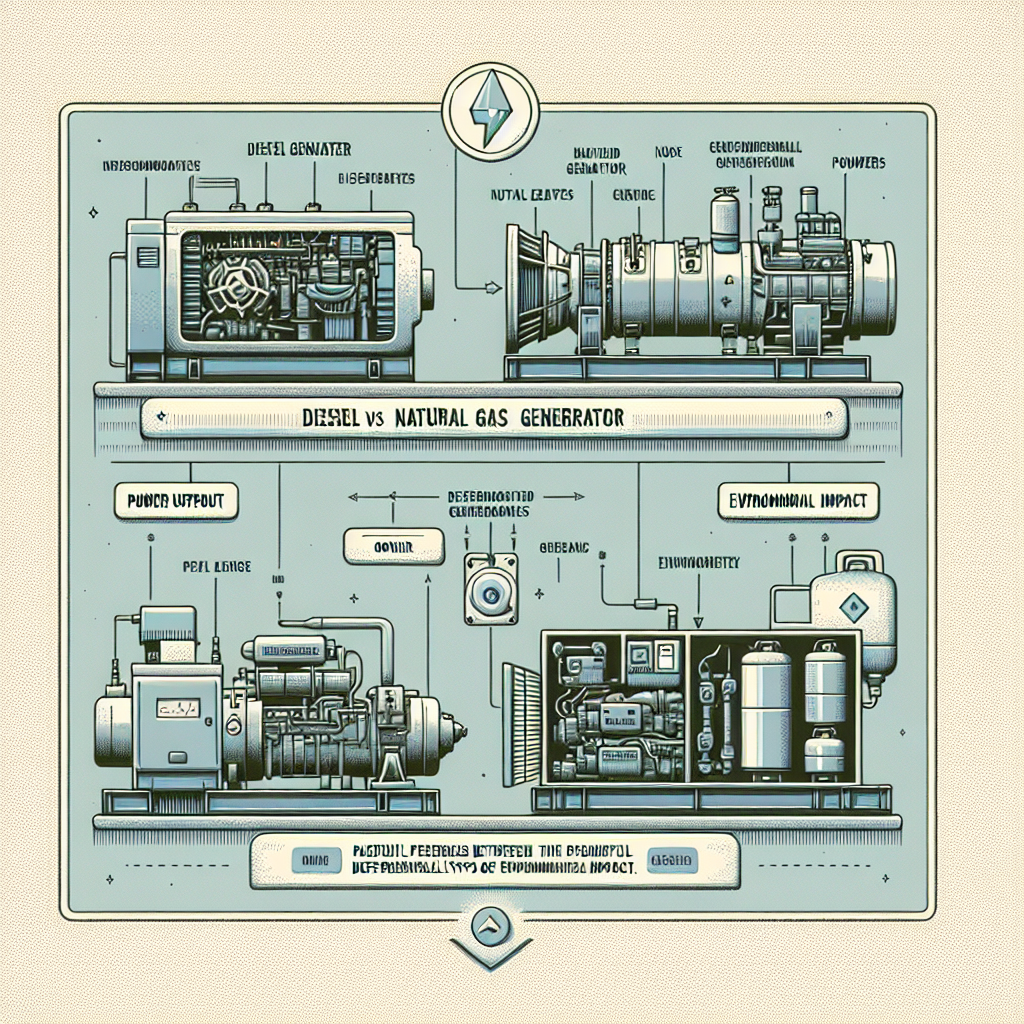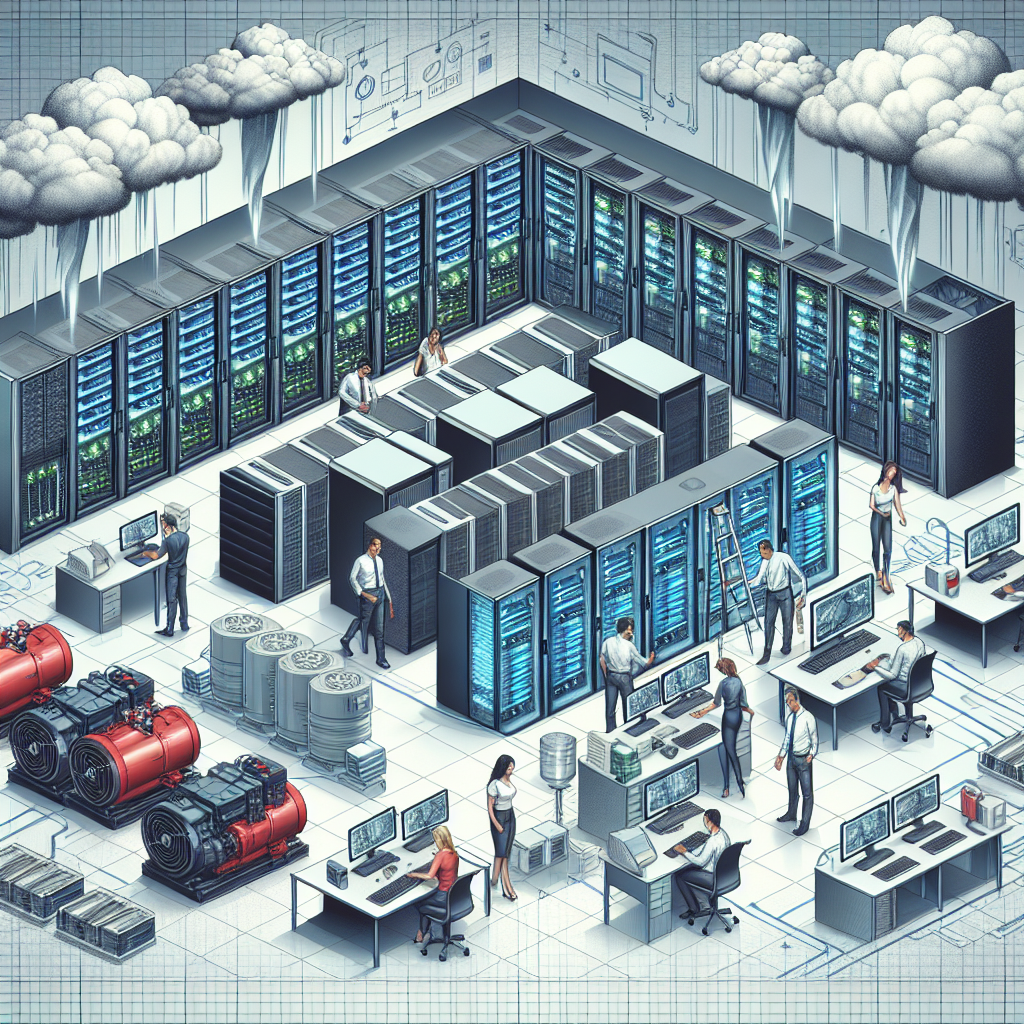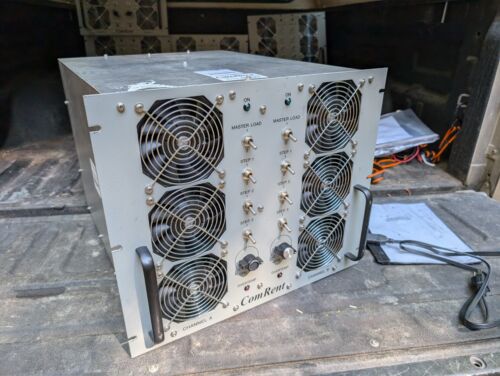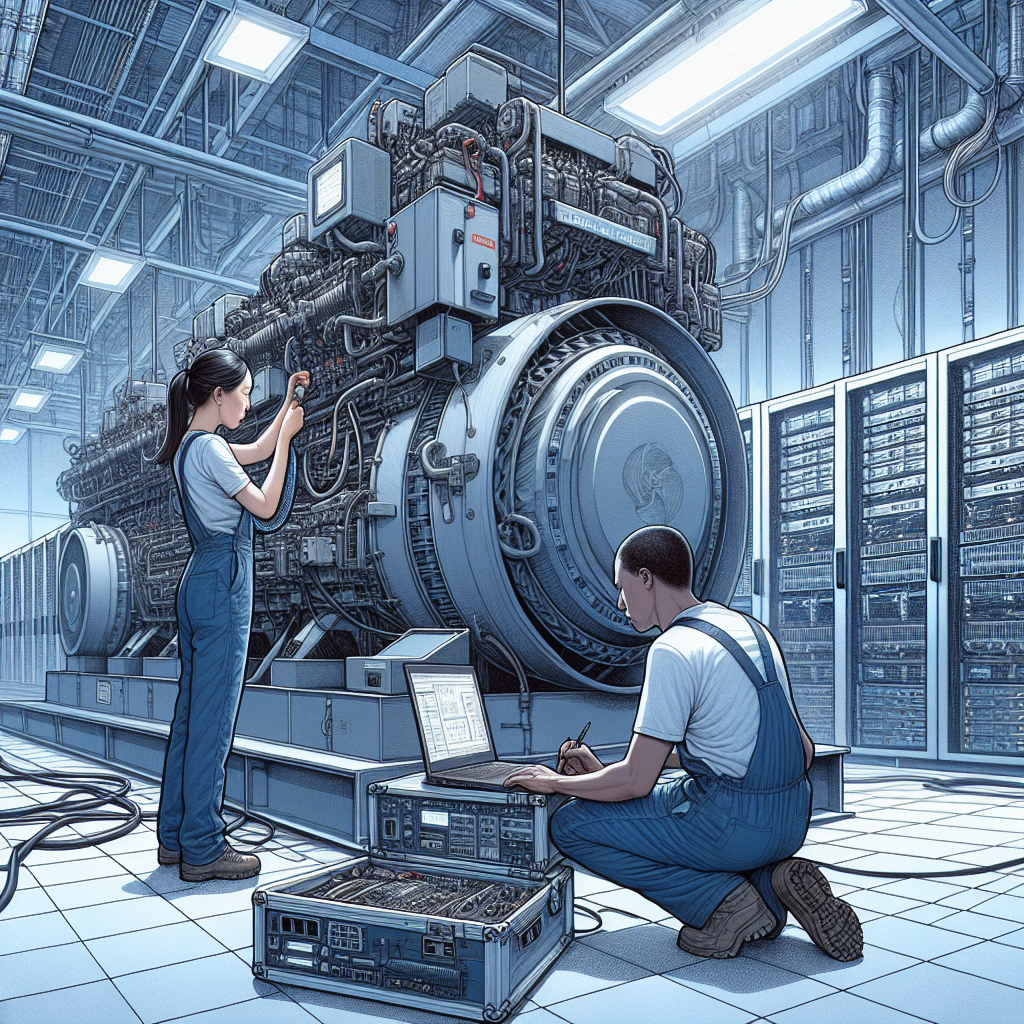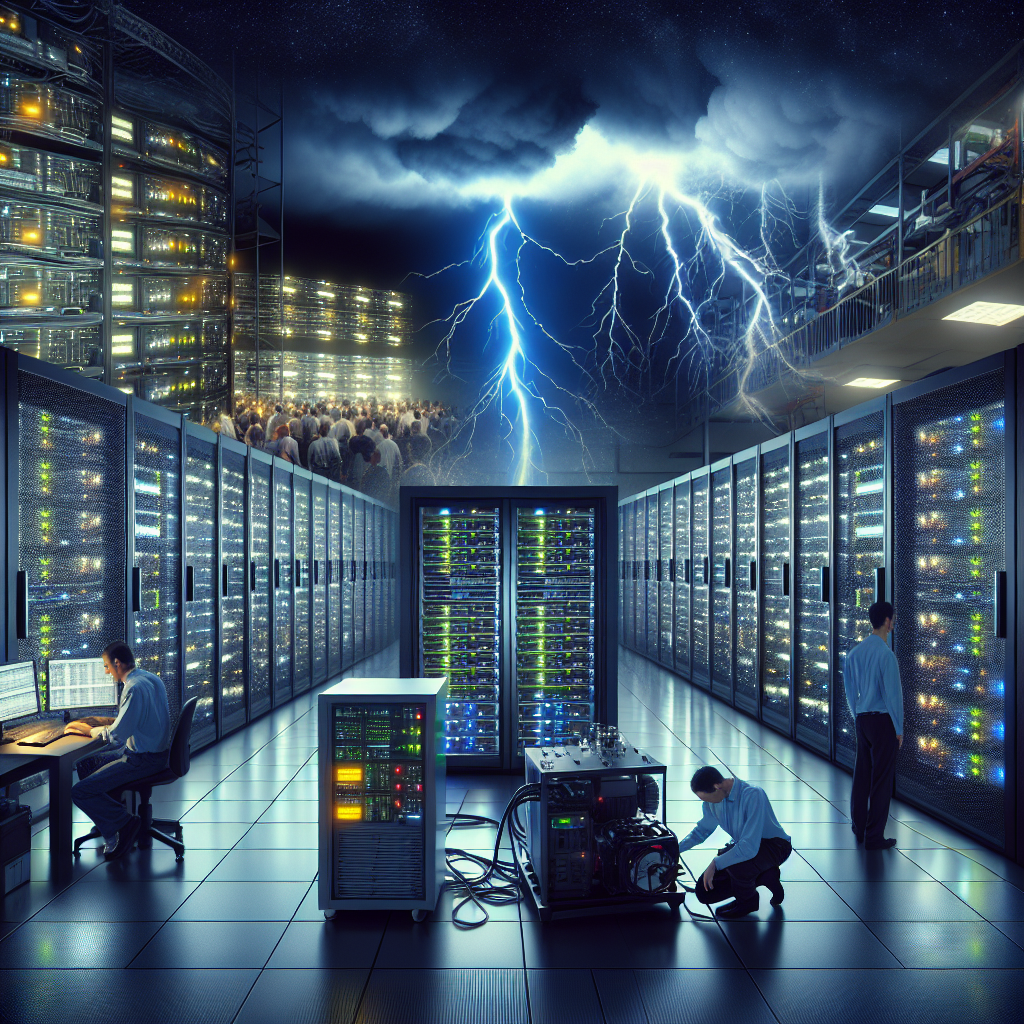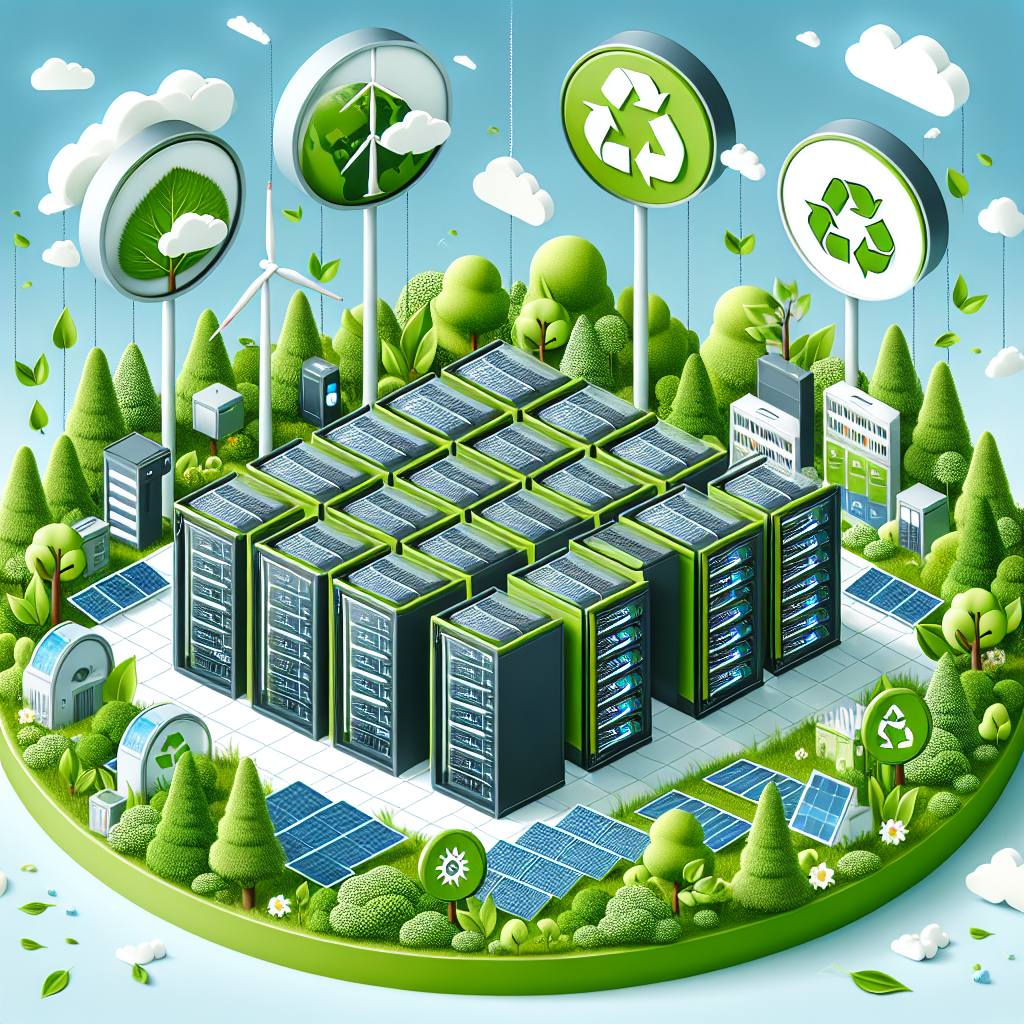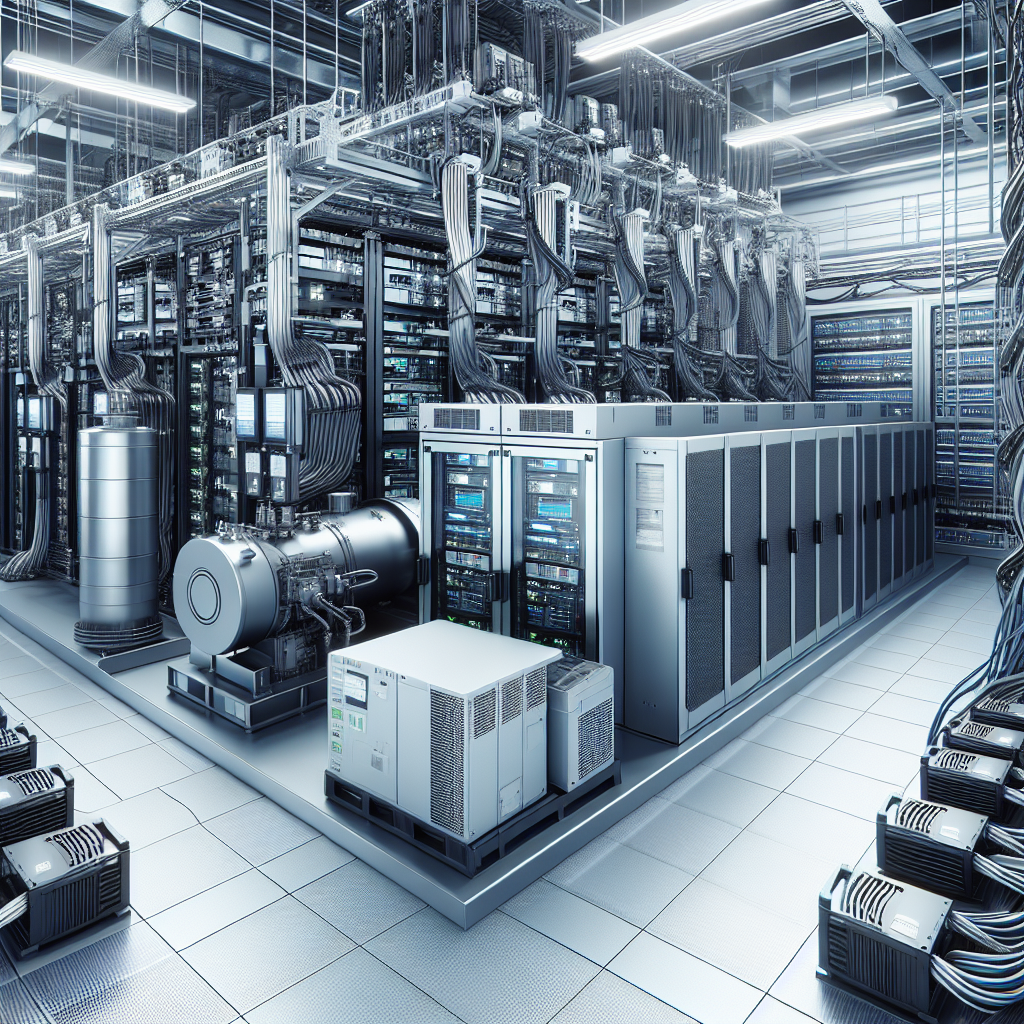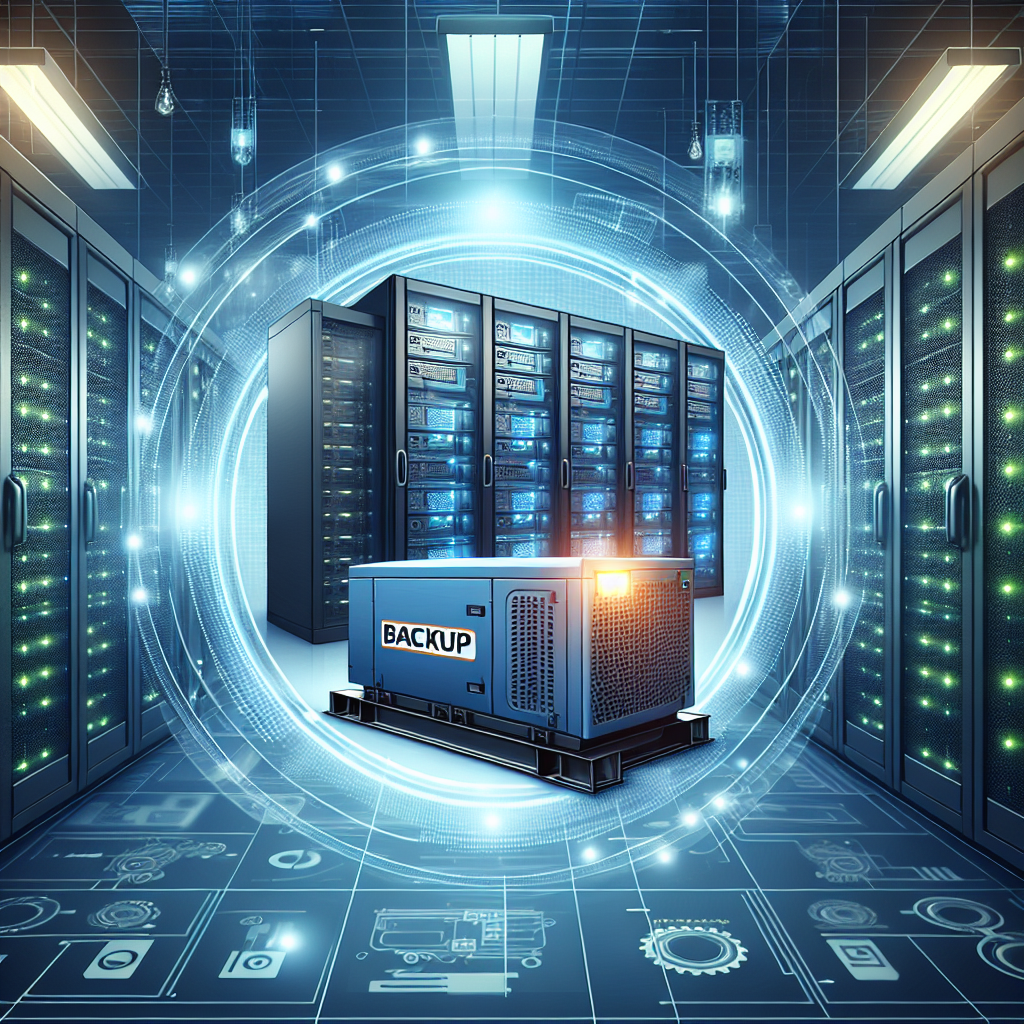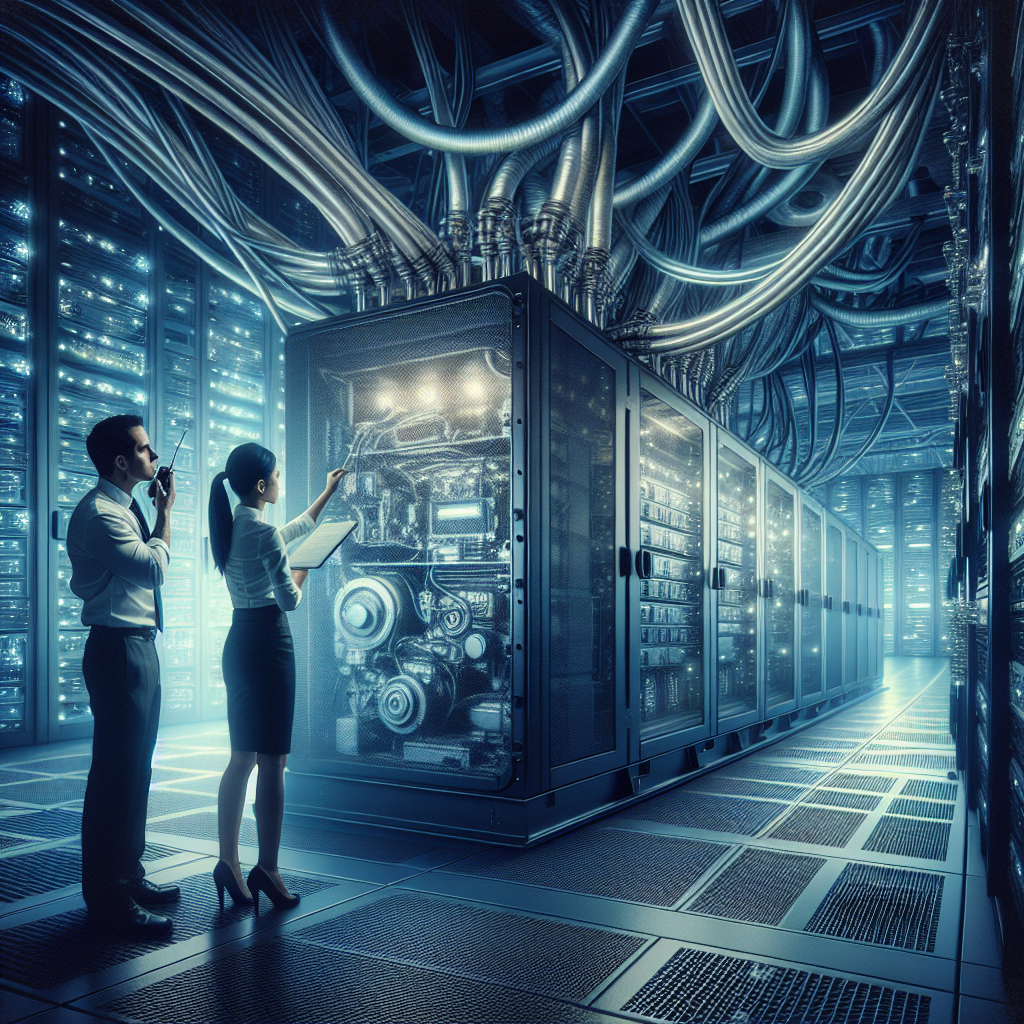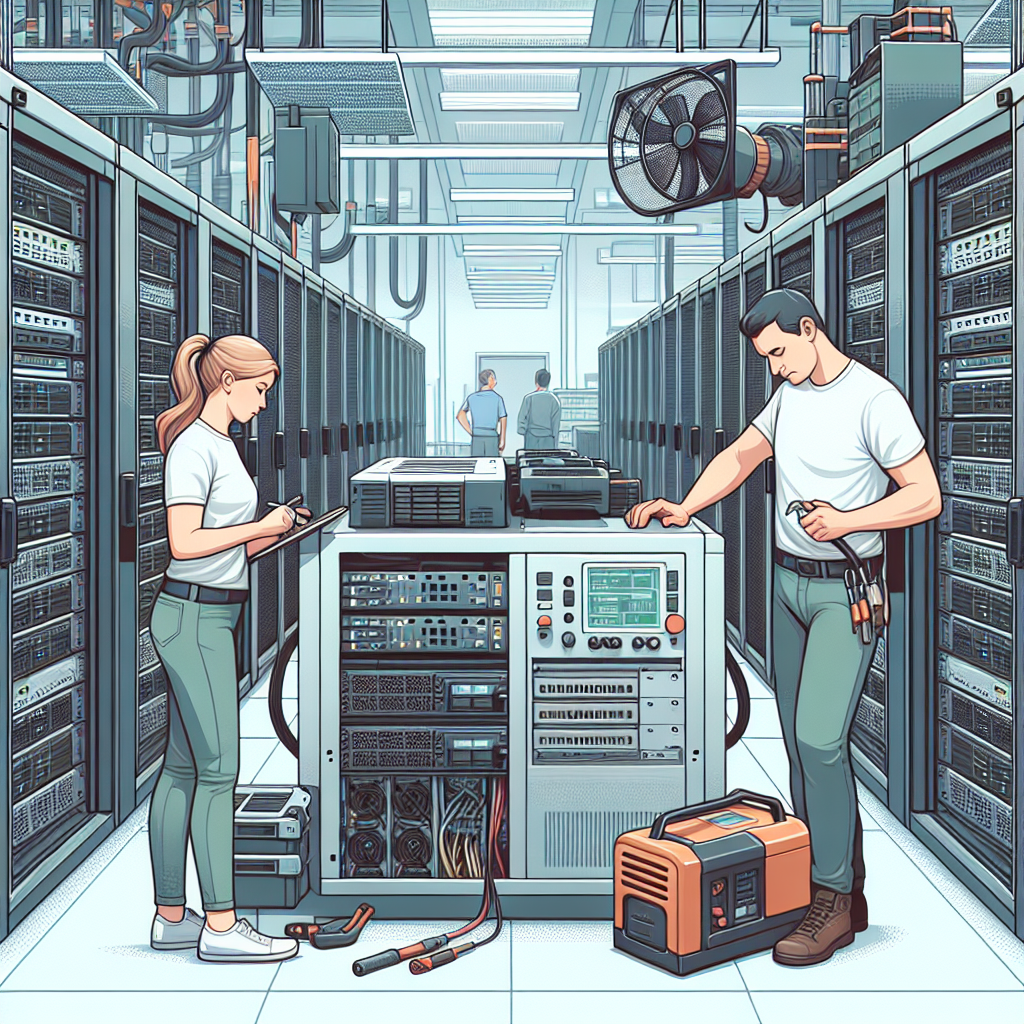Data centers are essential for companies to store and process massive amounts of data. However, these facilities require a reliable source of power to ensure uninterrupted operations. In the event of a power outage, data center generators play a crucial role in keeping the facility up and running. When it comes to choosing a generator for a data center, two of the most common options are diesel and natural gas generators.
Diesel generators have been a popular choice for data centers for many years. These generators are known for their reliability, durability, and high power output. Diesel generators are typically more affordable than natural gas generators and have a longer lifespan. They are also more fuel-efficient, making them a cost-effective option for data centers that require continuous power.
On the other hand, natural gas generators are gaining popularity in the data center industry due to their lower emissions and cleaner burning fuel. Natural gas generators are more environmentally friendly than diesel generators, as they produce fewer emissions and greenhouse gases. They also require less maintenance and have a quieter operation. However, natural gas generators are typically more expensive to purchase and install than diesel generators.
When choosing between a diesel and natural gas generator for a data center, there are several factors to consider. One of the most important factors is the availability of fuel. Diesel fuel is readily available and can be stored on-site in large quantities, making it a reliable option for data centers located in remote areas with limited access to natural gas infrastructure. Natural gas, on the other hand, requires a dedicated gas line and may not be as readily available in some locations.
Another factor to consider is the power output and efficiency of the generator. Diesel generators are known for their high power output and efficiency, making them suitable for data centers with high energy demands. Natural gas generators may have lower power output but are more fuel-efficient, making them a better choice for data centers that prioritize sustainability and environmental impact.
Ultimately, the choice between a diesel and natural gas generator for a data center will depend on the specific needs and priorities of the facility. Both types of generators have their advantages and disadvantages, and it is important to carefully evaluate these factors before making a decision. By understanding the differences between diesel and natural gas generators, data center operators can choose the best option to ensure reliable and uninterrupted power supply for their facilities.
